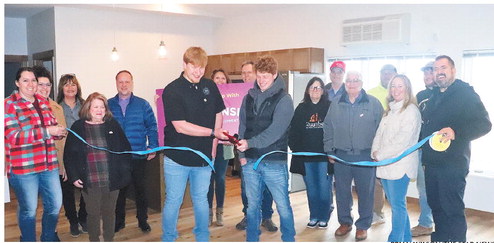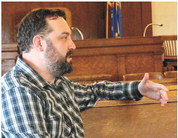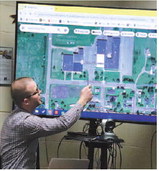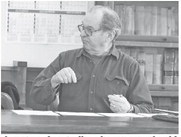Raising doubts
Forestry committee votes against carbon credit deal, goes to full board next


Citing concerns over the length of time in the contract, members of the county’s forestry and recreation committee voted against the county participating in a carbon credit p...





